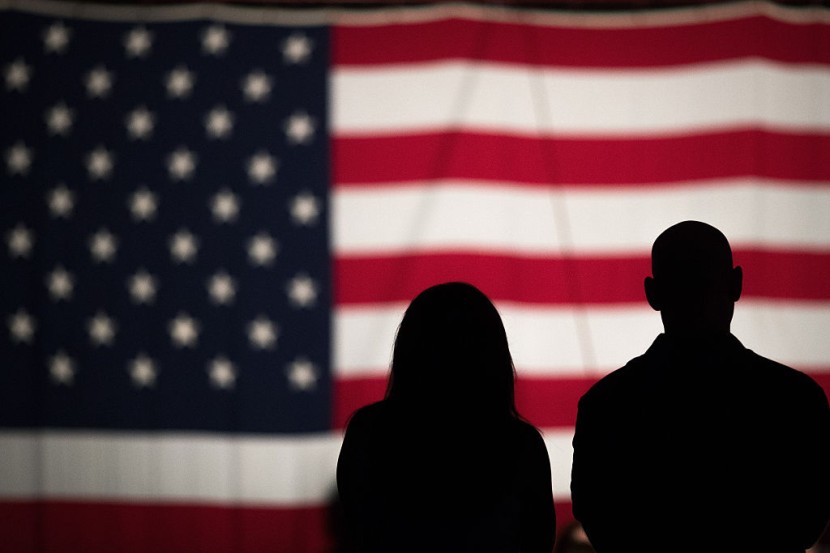According to the 13th Amendment to the Constitution of the United States slavery and involuntary servitude are abolished, except as a punishment for crime, within the United States and its territories.

For many of the millions of people incarcerated in the United States, slavery isn't something that happened long ago. It is part of their everyday reality. Also, whether we realize it, it is the reality of most Americans.
Many of our favorite brands could not exist without the cheap labor provided by incarcerated individuals. A new investigative report by the Associated Press traces the path of our favorite products, from their cultivation to their arrival into the supply chains of such favorites as Walmart, McDonald's and Cargill.
In the Louisiana State Penitentiary, prison-raised cattle are tracked 600 miles on what it calls an invisible web. From the facility at which prisoners provide farm labor, to a slaughterhouse, to many big-time fast food and supermarket merchandisers, to the table of millions of Americans, according to this extensive two-year report.
For the prisoners, described in the story as 'America's most vulnerable laborers, refusal to engage in free labor could affect parole chances or may result in additional punishment, such as solitary confinement.
Prisoners are not protected like other workers, even when they are seriously injured or killed while performing a job. Ball Park Franks, Gold Medal Flour, Riceland, Kroger, Whole Food and Target are a few more of the many corporations that benefit from prison labor.
The 13th Amendment
The 13th Amendment dates back to the immediate aftermath of the Civil War and came about to quench the need for free or cheap labor in immediately following the abolition of slavery. The 13th Amendment is being challenged at the federal level and there are ongoing efforts to remove such language from state constitutions as well.
According to AP, there are dozens of states looking to address this on the ballot this year alone. The fact that many of these prisoners are working on the same plantation soil as slaves from 150 years ago, and fielding the same crops as well (cotton and sugar cane) is not lost on many observers.
Louisiana has the highest incarceration rate in the country. followed by Mississippi, Oklahoma, Georgia and Arkansas. All of which are former Confederate, pro-slavery states.
© 2026 HNGN, All rights reserved. Do not reproduce without permission.








